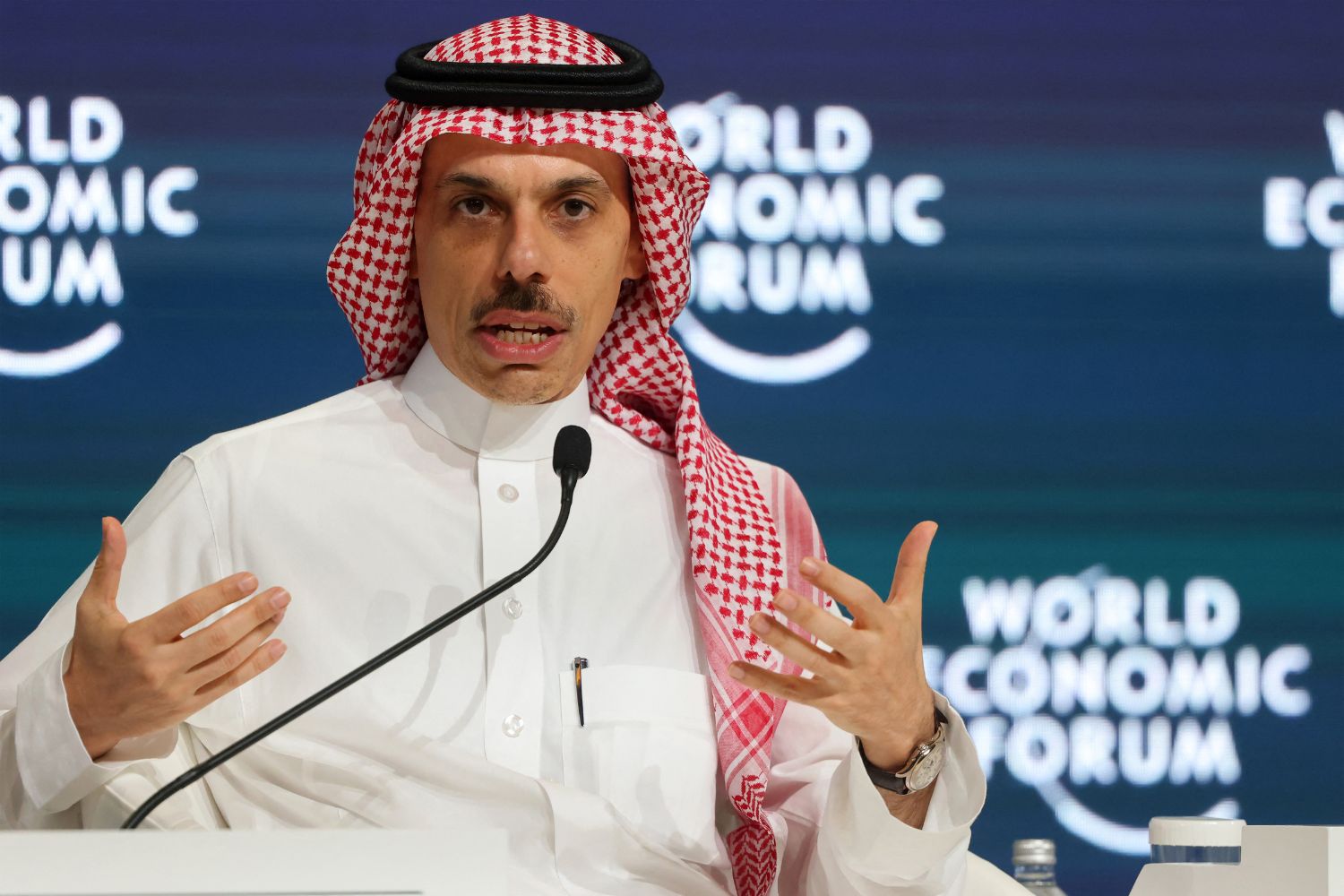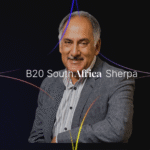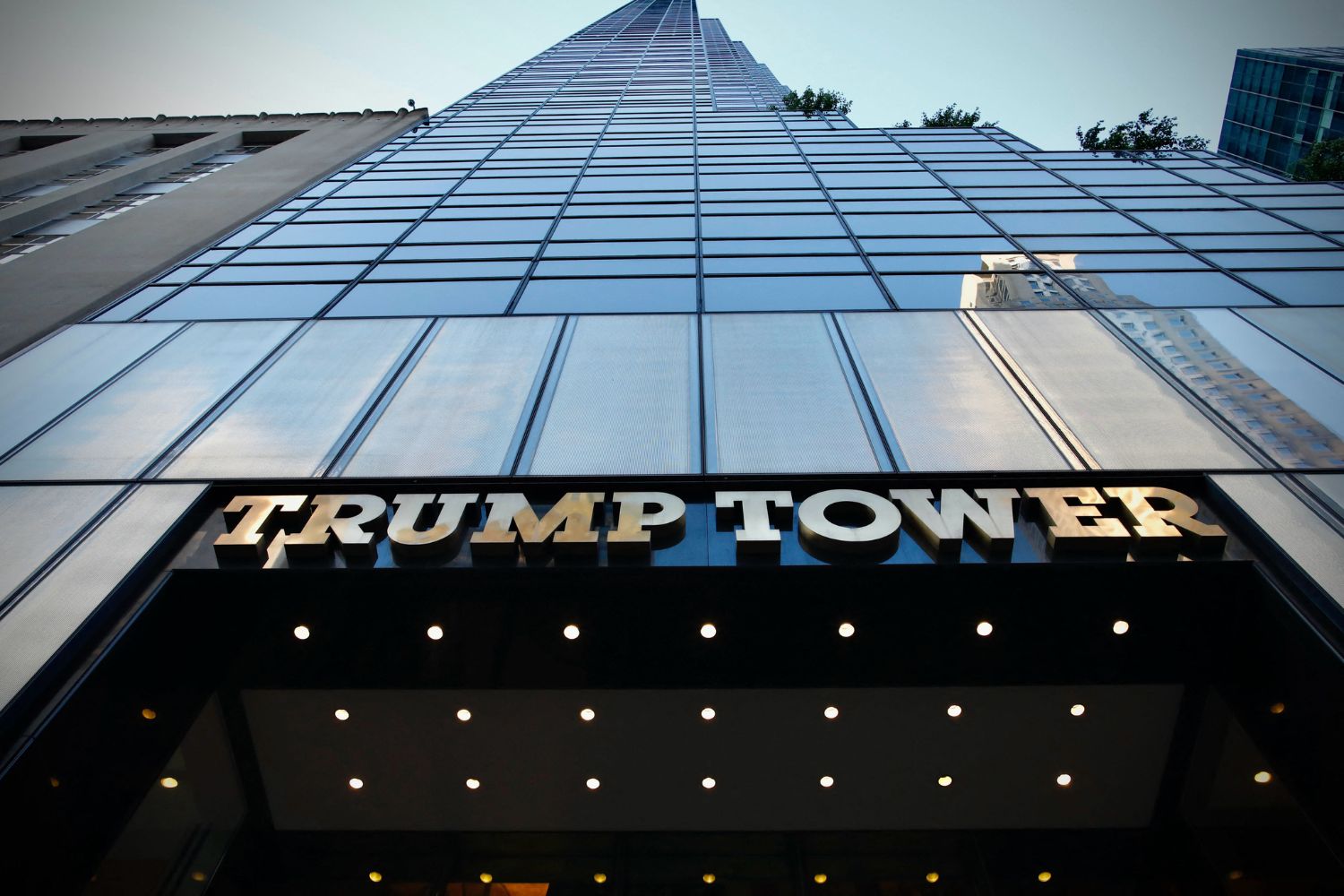Saudi Foreign Minister Prince Faisal bin Farhan has urged an immediate ceasefire in Gaza, emphasising the need for dialogue and negotiation grounded in justice, equality, and mutual respect. The ongoing conflict in Gaza has drawn significant attention and action from Gulf nations, that have played pivotal roles in addressing the humanitarian and political aspects of the crisis.
These countries have consistently called for an immediate cessation of hostilities and have provided substantial humanitarian aid to alleviate the suffering of the Palestinian people. The minister addressed this virtually at the Gulf Research Meeting 2024 earlier this week, highlighting the severe human toll of the ongoing conflict and the necessity for a sustainable resolution that respects the rights and dignity of all involved.
Saudi Foreign Minister Prince Faisal bin Farhan conveyed these messages to the annual Gulf Research Meeting, held at the University of Cambridge, reaffirming Saudi Arabia’s commitment to regional peace and cooperation. On 7 October 2023, Hamas launched a surprise attack on Israel, claiming the lives of more than 1,100 people and taking more than 200 hostages.
The Israeli Defence Force immediately launched a reprisal attack on Gaza, with the aim of rescuing hostages and to “…wipe this thing called Hamas, ISIS-Gaza, off the face of the earth. It will cease to exist.”, as stated by Israeli Defence Minister Yoav Gallant in October last year. Since then, more than 38,000 people, mostly civilians, have been killed in Gaza according to Gazan government sources.
The United Nations Office for the Coordination of Humanitarian Affairs (OCHA) reports significant damage to infrastructure, including homes, schools, and medical facilities. Access to necessities such as clean water, electricity, and healthcare services is severely limited. To help the region, the UAE has funded some of the reconstruction of homes and infrastructure destroyed by the conflict and has supported medical facilities and services to help meet the urgent needs of the population.
The UAE has also engaged in diplomatic efforts to encourage de-escalation and promote a sustainable peace process. The political landscape surrounding Gaza is complex and fraught with tension. The Israeli government maintains a blockade on Gaza, citing security concerns and the need to prevent weapons smuggling. Meanwhile, Hamas remains in control of Gaza, while the Palestinian Authority, based in the West Bank, has limited influence over the region.
Efforts to reconcile the two Palestinian factions have repeatedly stalled, complicating the prospects for a unified Palestinian front in peace negotiations. Prince Faisal stressed that establishing a viable and sovereign Palestinian state is crucial to Saudi Arabia’s vision of a just and peaceful world. He noted that in a time of global uncertainty and turmoil, a rules-based international order is essential to prevent chaos and conflict, providing a structure for cooperation and peaceful coexistence amongst nations.
ALSO READ: The war in Gaza takes centre stage at the WEF talks in Riyadh
Amid growing threats to this order, Prince Faisal called for a renewed commitment to upholding international law, mutual respect, and the peaceful resolution of disputes. He warned of the dangers of escalation and instability that could plunge the region into further turmoil. “The spectre of conflict casts a shadow over our aspirations for prosperity and progress,” Prince Faisal said, emphasising the importance of restraint, wisdom, and foresight in addressing these challenges.
He underscored the consequences of reckless behaviour and brinkmanship, advocating for measured and thoughtful actions. The Gulf nations have collectively contributed millions of dollars in humanitarian aid to Gaza. This assistance has been crucial in providing food, medical supplies, and rebuilding infrastructure. Despite these efforts, the ongoing conflict and political complexities pose significant challenges to the delivery and effectiveness of aid.
The path to peace in Gaza and the broader Israeli-Palestinian conflict remains uncertain. Diplomatic efforts, including those led by the United States and regional countries like Egypt and Qatar, continue to seek a ceasefire and long-term solutions. However, deep-seated grievances, mutual distrust, and differing political agendas pose significant obstacles to lasting peace.
Saudi Arabia, driven by a vision of economic prosperity and collective benefit, has consistently promoted regional stability and cooperation. Prince Faisal reiterated the Kingdom’s belief in the transformative power of partnership and dialogue, aiming to build bridges of understanding and solidarity that transcend boundaries and divisions. The situation in Gaza is a microcosm of the broader Israeli-Palestinian conflict, characterised by cycles of violence, political deadlock, and humanitarian crises.
As the world watches, the hope for a peaceful resolution remains, with the understanding that achieving it will require concerted efforts from all parties involved and the international community. The Gulf nations have played a significant role in addressing the Gaza conflict through humanitarian aid, diplomatic efforts, and calls for peace. Their contributions highlight a commitment to supporting the Palestinian people and promoting stability in the region. However, the path to a lasting resolution remains complex, requiring sustained efforts and cooperation from the international community.
ALSO READ: Displaced Gazans in Egypt rally through grassroots movements













